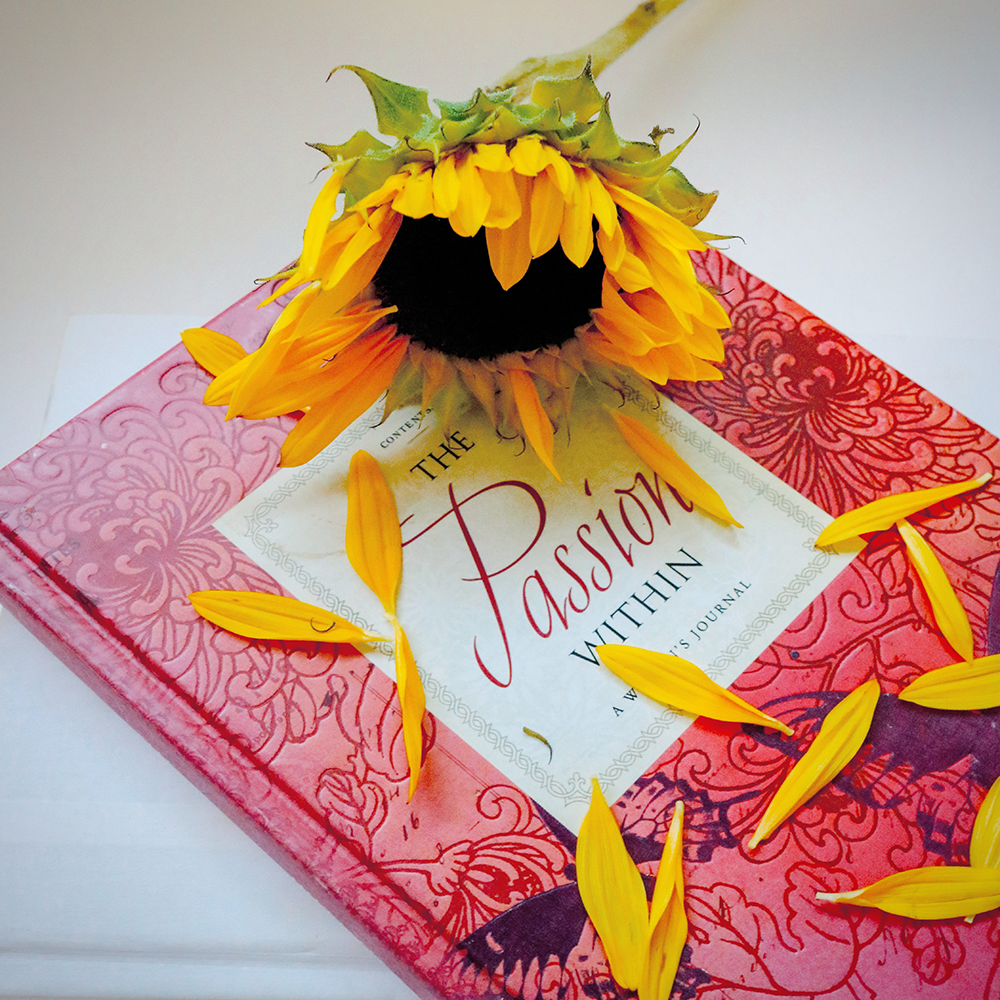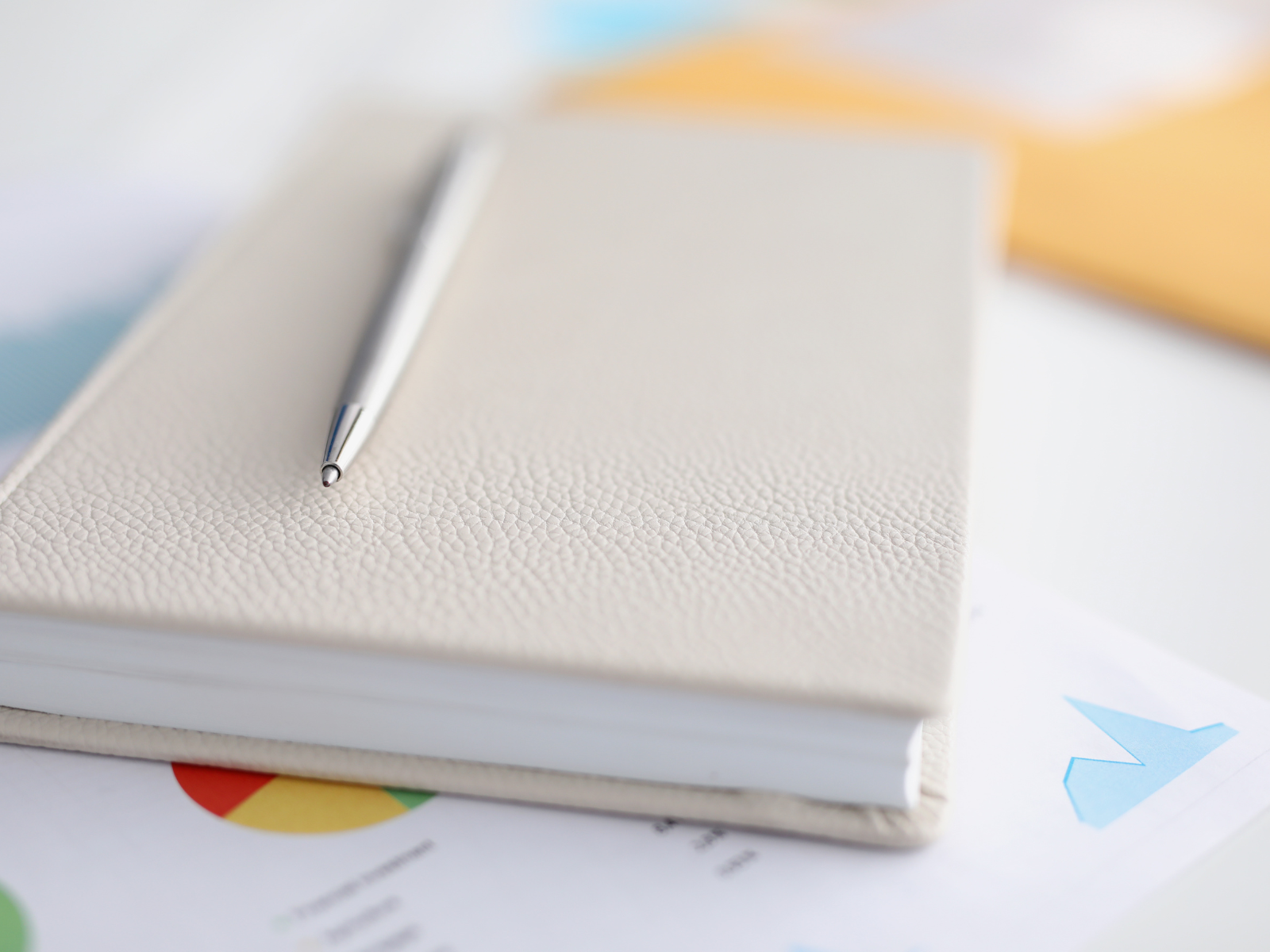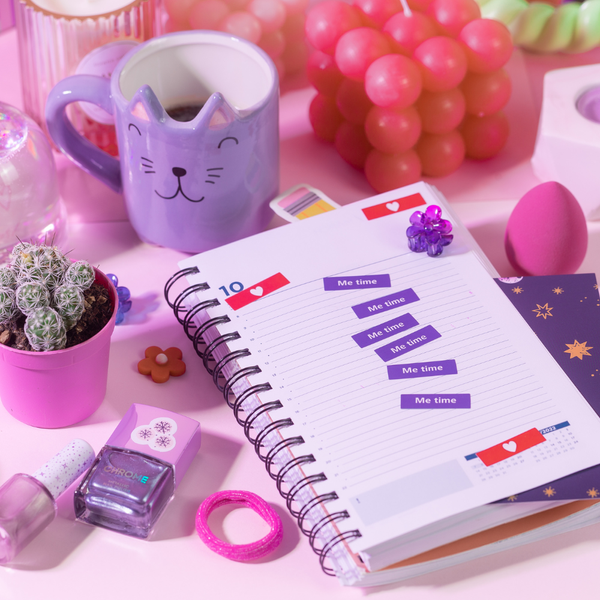Many view journaling as merely scribbling down daily happenings or fleeting thoughts, but this perception barely scratches the surface of its true potential.
Far from just a methodical recount of the day's events, journaling is a dynamic tool that fosters mental health, fuels creativity, and catalyzes profound personal growth.
In this exploration, we delve into the multifaceted nature of journaling, revealing how it transcends simple diary-keeping to become a pivotal element in self-development and artistic expression.
Join us as we uncover the deeper layers of journaling and its impactful benefits that go beyond the pen and paper.
Key Takeaways:
- Journaling transcends traditional writing by serving as a tool for mental health, creativity, and self-exploration.
- Different forms of journaling, including gratitude journals and creative writing, cater to various personal needs and goals.
- Regular journaling can lead to significant improvements in well-being and personal growth.
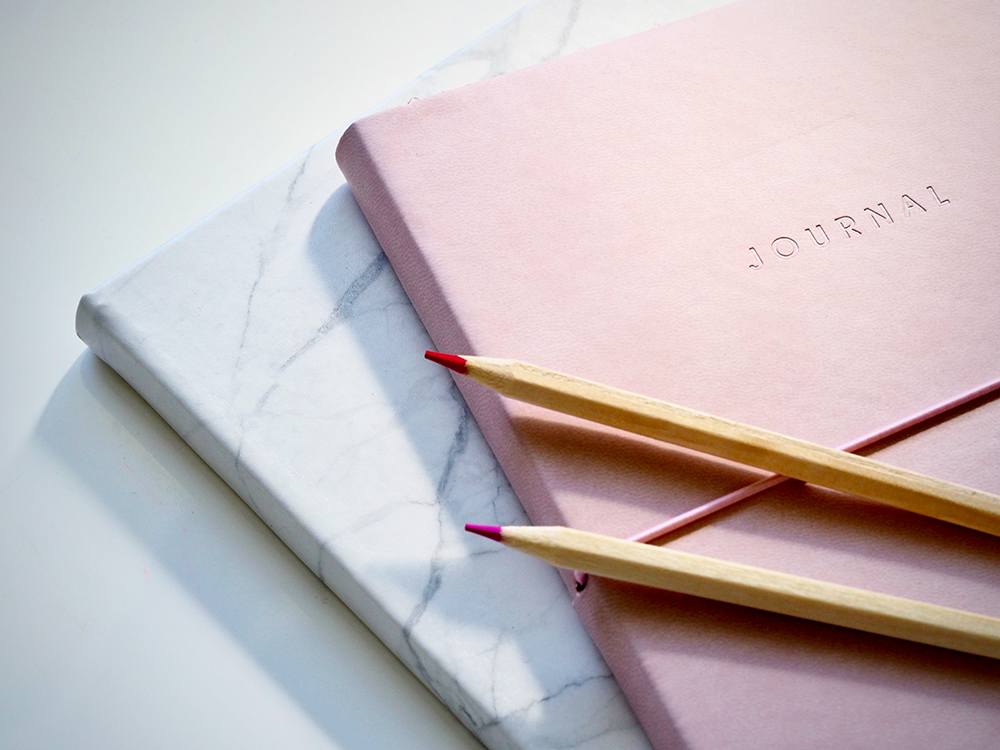


More Than Words on Paper
At its core, journaling is about more than just scribbling words on a blank page.
It's a deliberate practice that involves deep self-reflection and the expression of thoughts which might not find voice otherwise.
For many, a journal is a private space where emotions and ideas can flow freely without judgment.
This process of transferring thoughts from head to paper can significantly de-stress and declutter the mind.
Journaling also acts as a mirror, reflecting one's inner world and helping to make sense of life's events and one's reactions to them.
Whether it's recounting the day's events or unpacking complex feelings, the act of writing them down creates a personal archive that can offer insights upon later review.
This practice helps individuals understand their creative growth over time and can be a comforting resource on days filled with anxiety or doubt.
A Spectrum of Styles
Journaling manifests in many forms, each serving different purposes.
Gratitude journaling, for instance, focuses on recognizing and appreciating the small things in life.
By writing down three things you are grateful for every single day, you shift your focus from what's lacking to what's abundant.
This shift can significantly alter your mental state, reducing worry and fostering a greater sense of hope and positivity.
On the other hand, creative writing in journals allows for the exploration of ideas through stories, poetry, or even random streams of consciousness.
This form of journaling can be particularly beneficial for those looking to boost their creativity or find a release from the rigid structures of formal writing.
It offers a freedom to explore whimsical ideas or construct elaborate narratives, all of which can be a therapeutic escape and a means of honing one's writing skills.

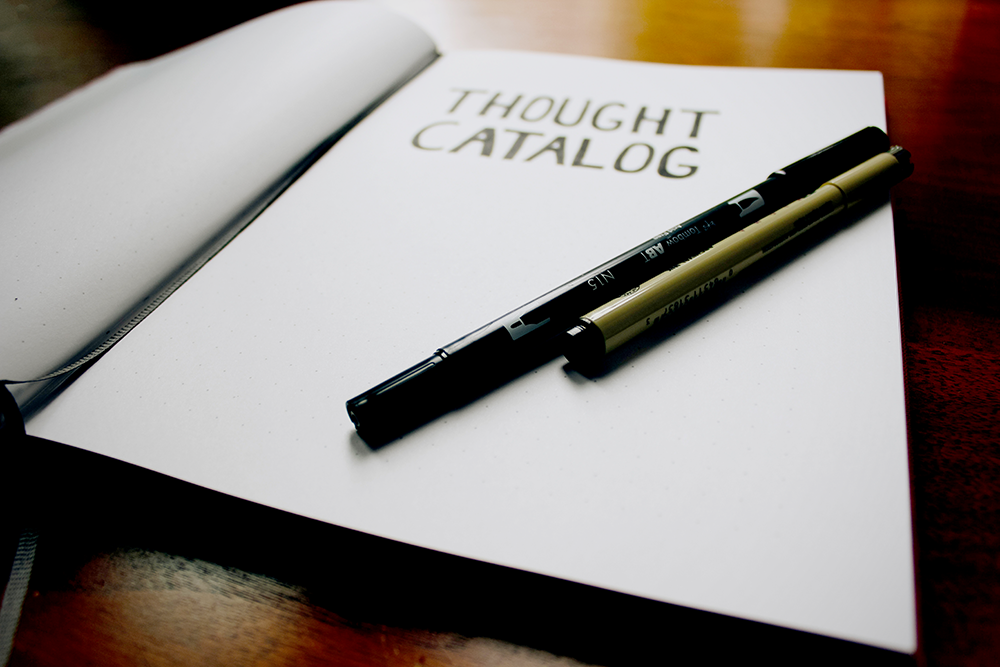
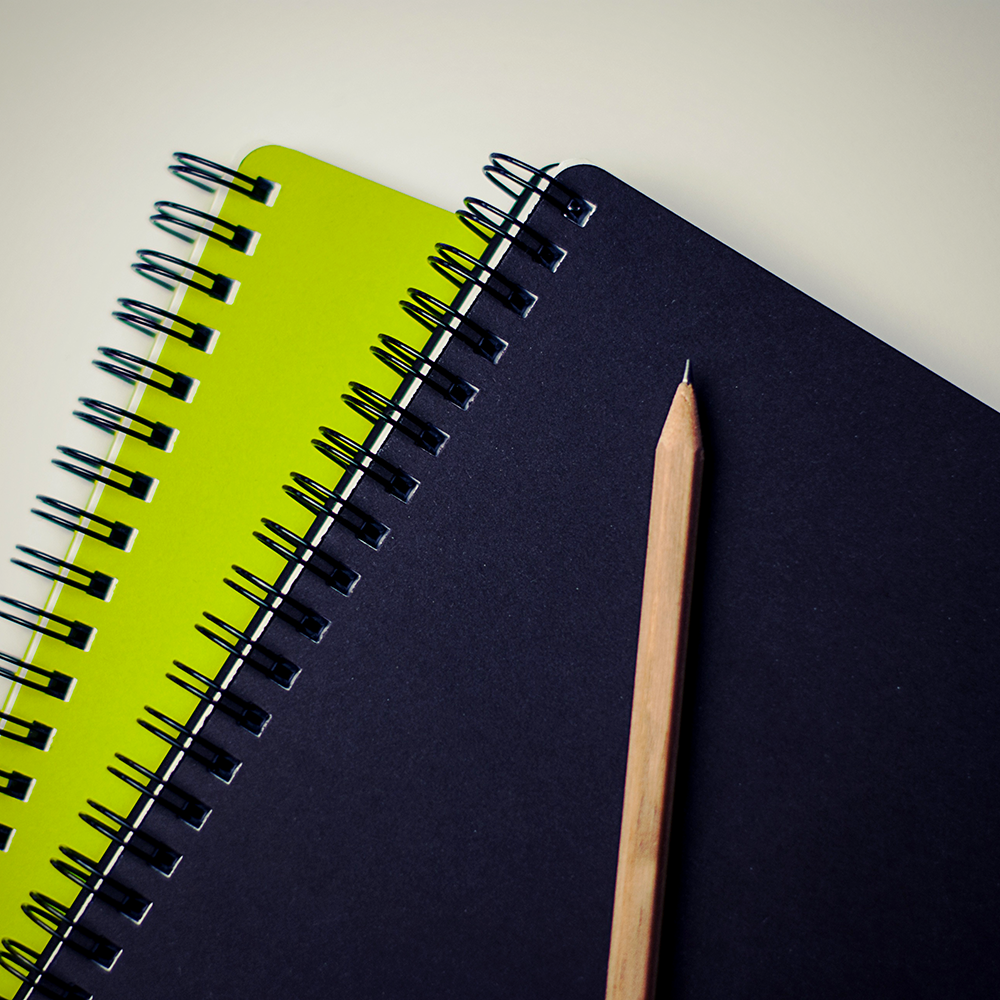
The Power of Gratitude Journaling
Gratitude journaling is more than just a trend; it's a transformative practice that can shift your perspective from half-empty to half-full.
By dedicating a few minutes each day to write down what you are thankful for, you begin to focus more on the positive aspects of your life.
This shift doesn't happen overnight, but give it a few weeks, and you might notice subtle changes in your demeanor and outlook.
Friends and family might even point out your increased positivity, a testament to the power of recognizing and appreciating the good in your life.
On a deeper level, gratitude journaling serves as a tool for reflection, allowing you to document and revisit the moments that matter most.
Whether it's a small victory at work, a random act of kindness from a stranger, or a quiet moment of bliss, writing these details down helps cement the positive experiences in your memory.
Over time, this practice can help you de-stress and maintain a more balanced and appreciative mindset, turning what might seem like mundane days into a series of appreciated moments.
Diary Writing: A Journey Through Self
Diary writing, often seen as a personal hideaway, is a profound form of self-care that encourages writers to converse with themselves through written words.
This practice offers a safe space to express thoughts and emotions without judgment, allowing for a therapeutic release.
Over the course of time, maintaining a diary can lead to greater self-awareness and emotional health.
It's not just about recounting events; it's about weaving the narrative of your life and understanding the layers of your own existence.
Moreover, diary writing can be a historical artifact of your personal growth.
Looking back at past entries, you can see how certain situations were handled, how you felt at a particular moment, and how you've grown since then.
It's almost like having a dialogue with your past self, providing insights that might have been overlooked initially.
For those who start journaling, it becomes a cherished ritual that captures the essence of their evolving story, one page at a time.
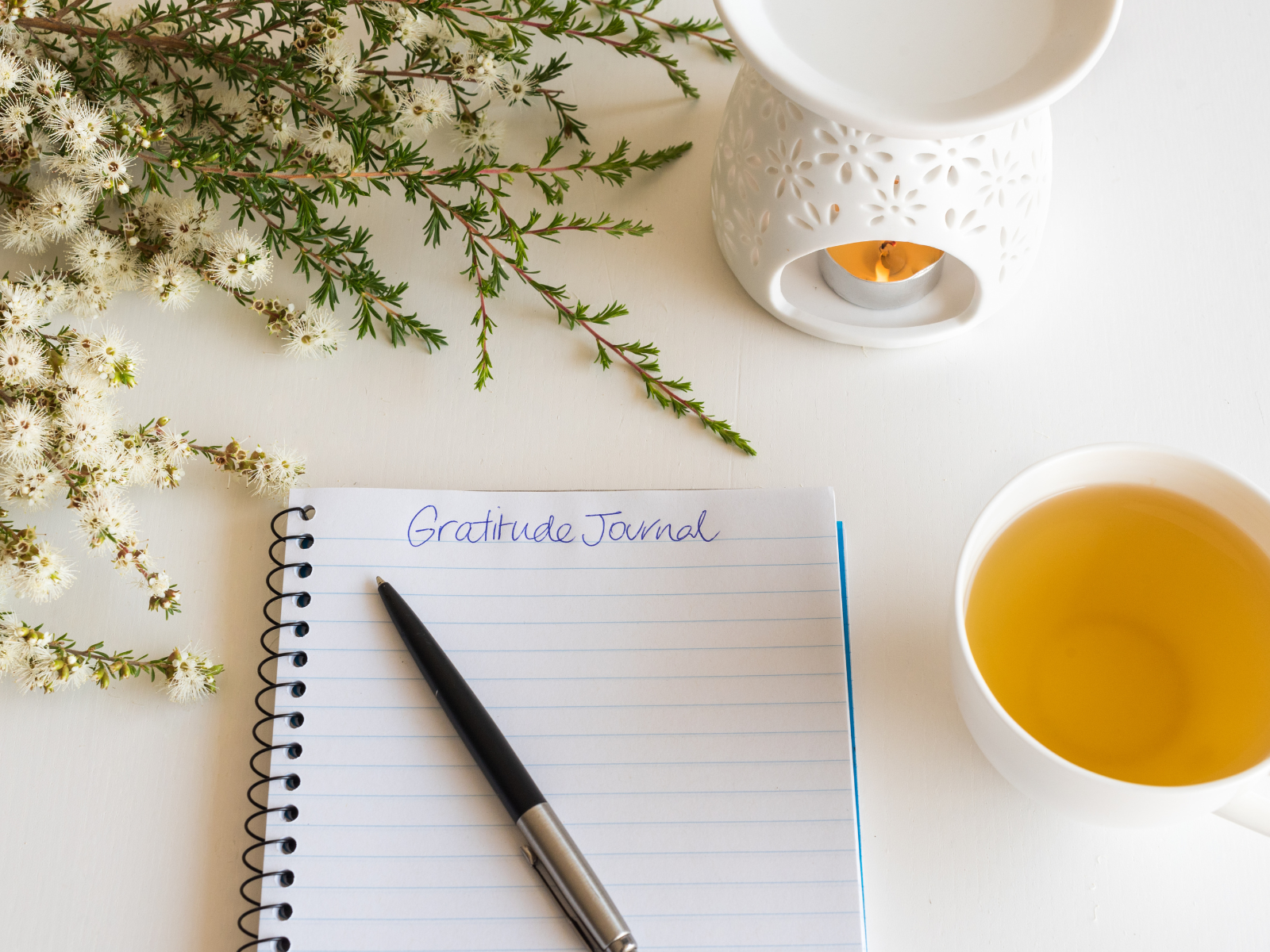


The Science of Writing and Wellness
The link between journaling and mental health is well-supported by research.
Engaging in expressive writing, which involves exploring and writing about one's deepest thoughts and feelings, has been shown to improve mood, reduce symptoms of depression, and even decrease the impact of physical health ailments.
This form of writing helps in managing emotions and can act as a coping mechanism to handle life's stresses more effectively.
Moreover, the practice of writing before sleep can aid in improving sleep quality.
By transferring your worries or racing thoughts to paper, you create a psychological space that helps in calming the mind and preparing for a restful night.
This not only helps in falling asleep faster but also in achieving a deeper, more uninterrupted sleep.
Journaling as a Habit
Incorporating journaling into your daily routine can be a life-altering habit.
Starting with just a few minutes each day, this practice can help maintain a clear and focused mind.
Setting aside a specific writing time every day helps in building this good habit, turning a blank page into a welcoming space for your thoughts and creativity.
The effort to maintain this practice regularly is minimal compared to the benefits it offers.
Over time, this small daily commitment to journaling can lead to greater self-awareness, improved problem-solving skills, and a more optimistic outlook on life.
It's about making journaling an important part of your self-care routine, recognizing its value in your personal and emotional development.



Embrace the Power and Potential of Journaling
Journaling is not just a simple act of writing—it's a gateway to deeper self-discovery and enhanced well-being.
By integrating this powerful practice into your daily routine, you open up a world of possibilities for personal growth, creativity, and emotional health.
Whether you're reflecting on gratitude, unleashing your creative spirit, or navigating complex emotions, journaling provides a personal sanctuary for creative exploration and transformation.
Start your journaling journey today and experience the profound impact it can have on your life.



Journaling FAQs
Embarking on the journey of journaling can be transformative, offering a myriad of benefits that touch on mental clarity, emotional well-being, and even your writing prowess.
Whether you're a seasoned diarist or a curious newbie, you likely have questions about how to maximize the impact of your journaling practice or how to journal.
Below, we've compiled some of the most frequently asked questions about journaling, providing you with insights and guidance to help you harness the full potential of this powerful personal tool.
From the ideal frequency of journaling to the types of content that can enrich your entries, let's dive into your most pressing queries and explore how you can turn a simple notebook into a profound source of personal growth.
How often should I journal to see benefits?
Journaling daily can be particularly beneficial, but even a few times a week can make a significant difference in your mental clarity and emotional well-being.
What should I write about in my journal?
You can write about anything that matters to you. This could be daily events, feelings, gratitude, dreams, ideas, or even plans for the future. The key is consistency and honesty in your entries.
Can journaling improve my writing skills?
Absolutely. Regular writing not only helps in refining your style and expanding your vocabulary but also enhances your ability to express thoughts clearly and effectively.


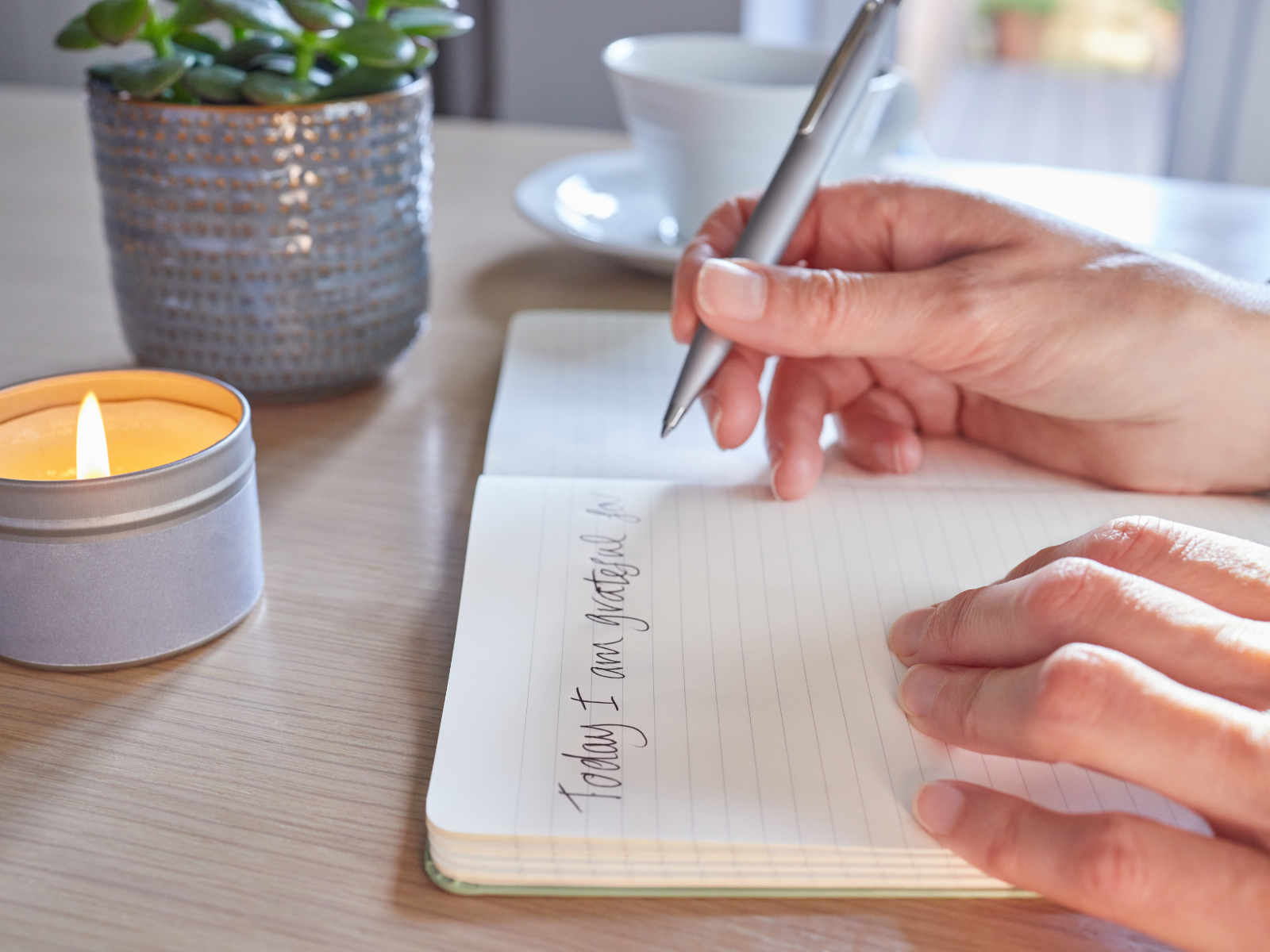
Interested in learning more about what method of journaling? Check out Ana Juma's video!
Want even more content about creativity and art?
Be sure to check out all of our creative chronicles!
Eager to learn more about journals and sketchbooks?
Check out some of our other articles:
-Is journaling a creative skill?
-What is the difference between a journal and an art journal?

